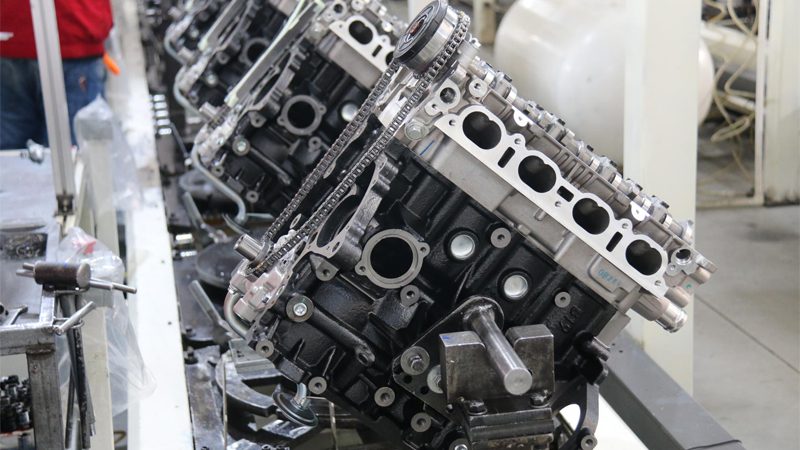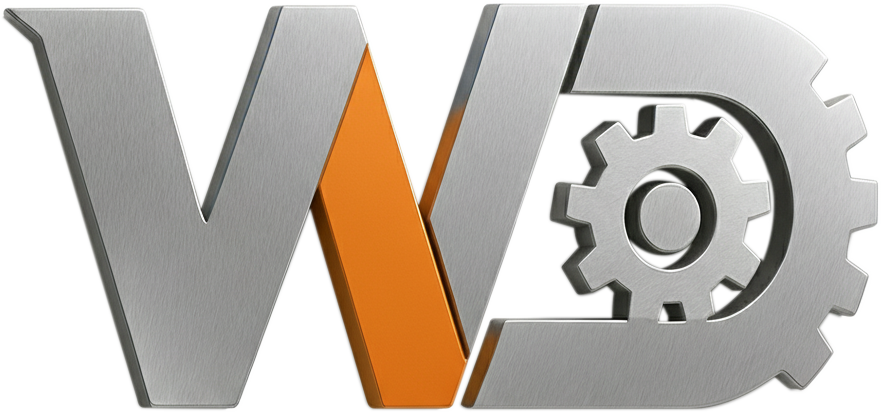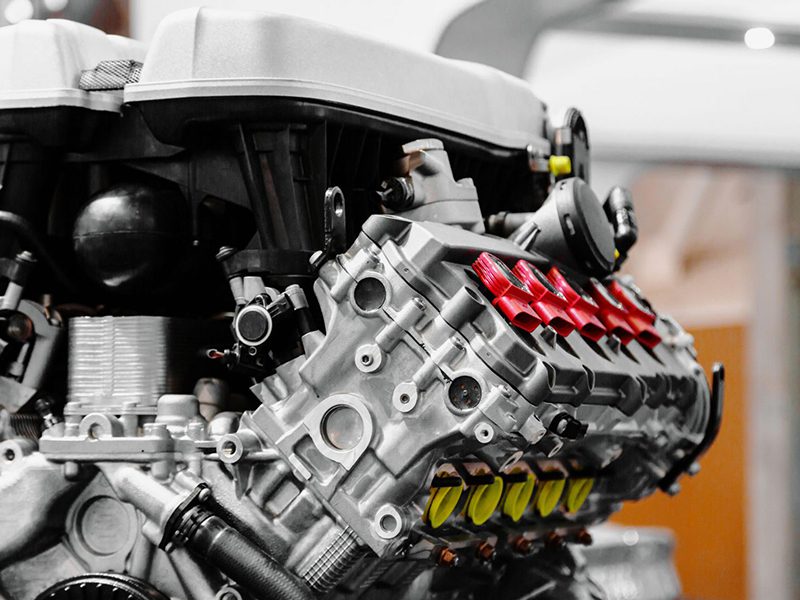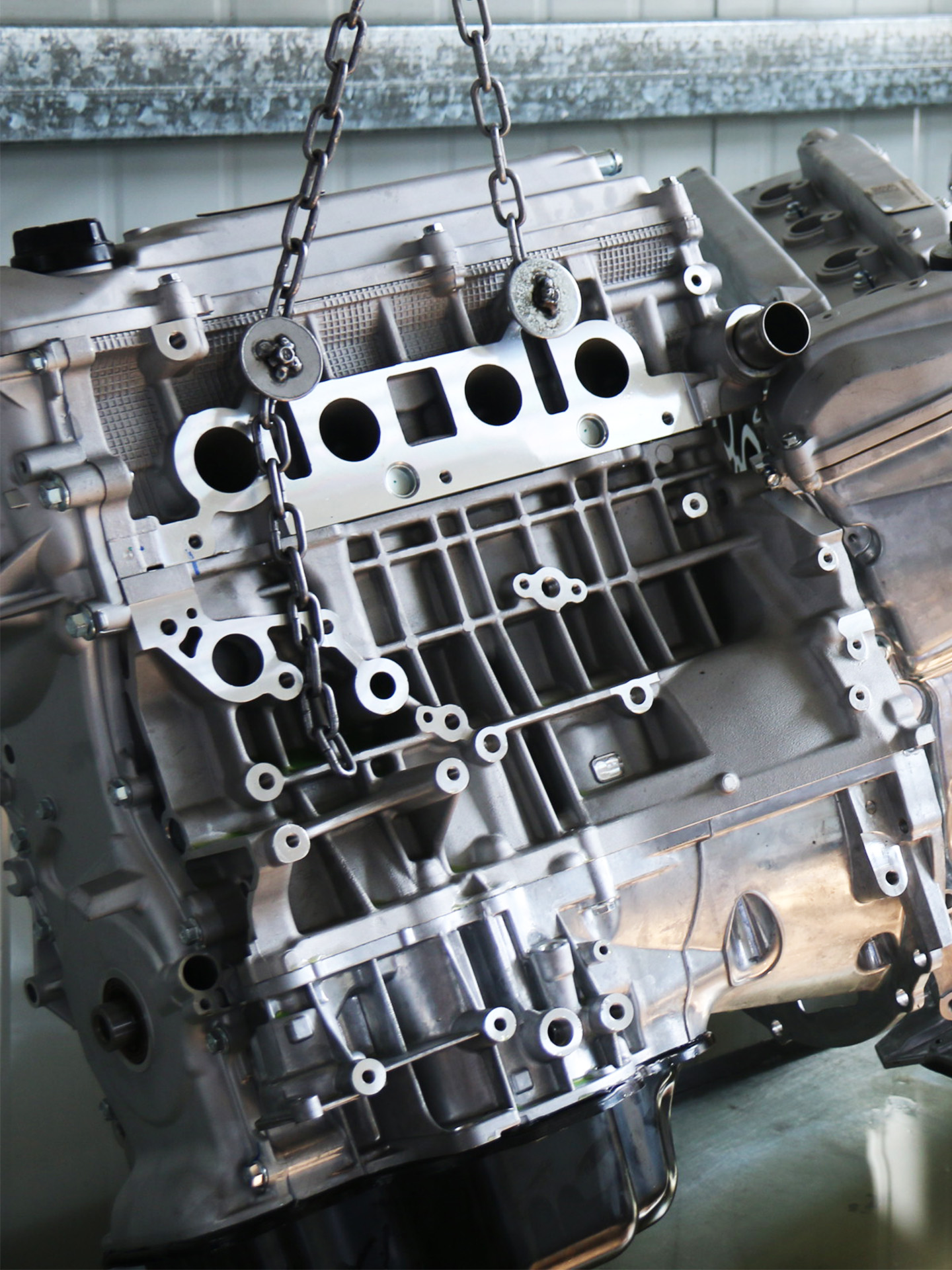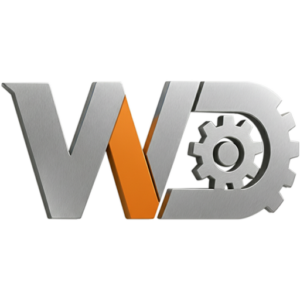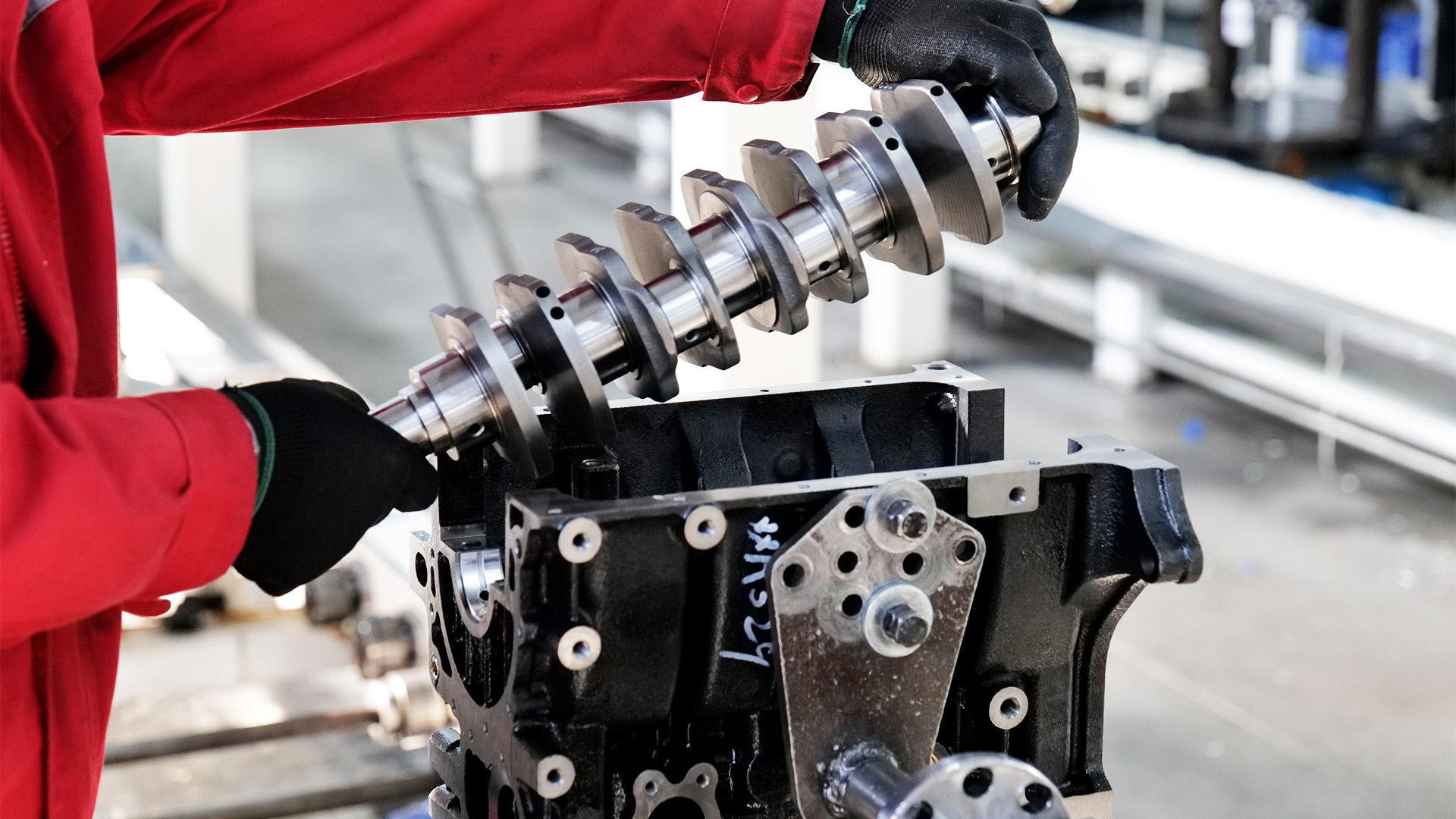Replacing a car’s engine is a huge expense affecting repair businesses and enthusiasts alike. No matter if you’re a mechanic quoting a client asking, “How much does a motor cost?” or just a regular DIYer curious about the engine replacement cost for your project, knowing the right answers can be the difference between a job well done and a costly mistake.
These include knowing the price differences between a new engine cost, rebuilt engines, and used engines, plus the labor costs that come with them.
In today’s guide, we’ll break down the costs and factors to help professionals and enthusiasts make smart, cost-effective decisions each step of the way, so stick around and find out!
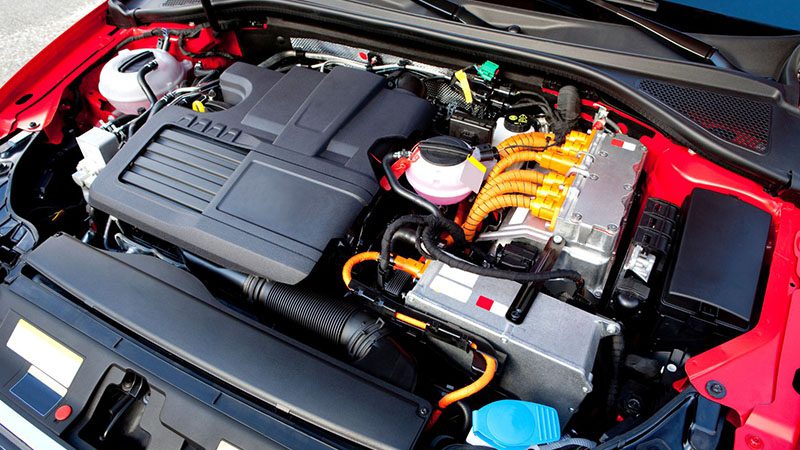
Introduction to Engine Replacement
In general, engine replacement is a significant expense for owners and traders, with costs ranging from $2,000 to $10,000 or more, primarily depending on the vehicle’s make and model. However, some high-end car engine replacements can cost five times as much.
Several factors can influence the cost of replacing an engine, including labor costs, engine type, and additional engine repairs or parts, especially if the engine is a hybrid or an electric motor.
Rebuilt or remanufactured engines are usually cheaper than brand-new engines, making them a cost-effective option for owners looking to get their car back on the road without spending the maximum amount.
If you can, it’s better to always adhere to regular maintenance, such as routine oil changes, all of which can help extend the engine’s lifespan and prevent engine replacements. Either way, an experienced mechanic will be able to tell what the best course of action is.
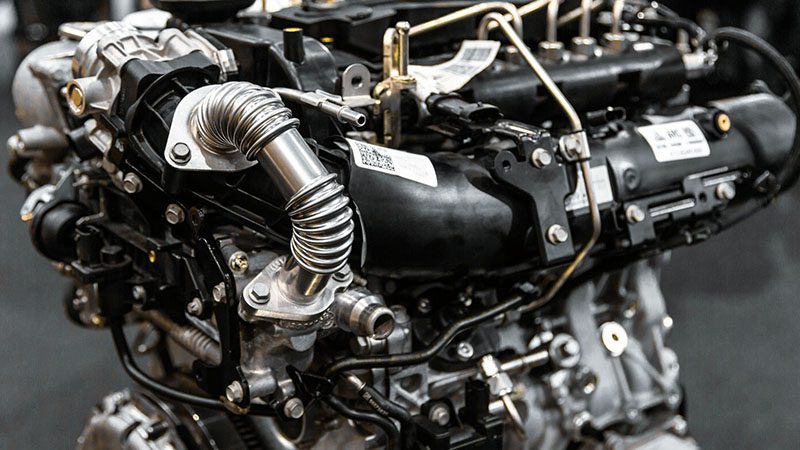
Common Factors Influencing Engine Replacement Cost
As previously stated, many factors influence engine replacement costs, and knowing what to look out for is vital when deciding whether it’s feasible to do so. Here are the main ones:
Car Make and Model
The cost primarily depends on the vehicle’s make and model. High–performance and luxury cars tend to have higher costs due to complex high performance engines and specialized parts, while economy-level cars with lower-end engines aren’t as cost-intensive.
Labor Costs
Labor costs for engine replacement typically add $1,000 to $3,500 to the total, influenced by the mechanic’s expertise, licensing, specialization, location, and whether the job involves replacing the entire engine or just associated components.
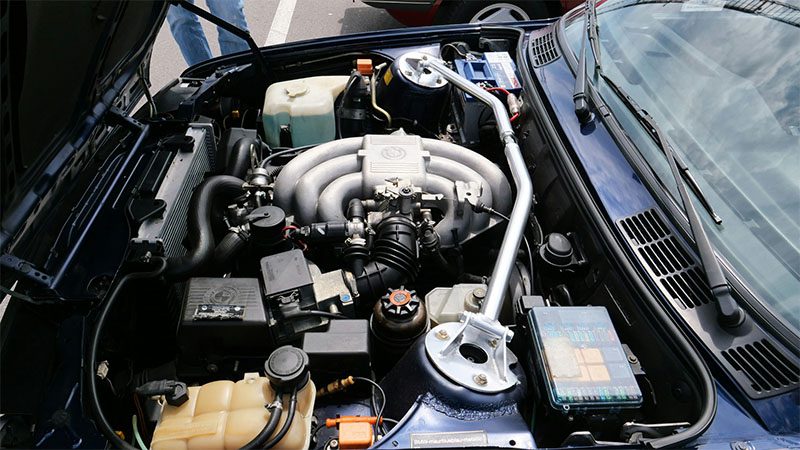
Engine Type
The type of engine impacts price as well —diesel engines and hybrid engines are more expensive to replace compared to standard gasoline motors, while larger displacement forced induction engines also cost more.
Engine State
The condition directly affects the cost: severe damage or signs like poor fuel efficiency and issues with the fuel system can increase the cost to replace. If the engine you plan on repairing/replacing has underlying issues that need to be sorted, it will drive the costs up.
Aftermarket Parts
Using aftermarket parts may reduce upfront costs, but carries risks of compatibility issues if not installed correctly, while OEM engines and engine replacement parts cost more but are likely to never suffer from compatibility issues.
New Engines
Opting for brand new engines offers the best reliability and even a decent warranty coverage, but comes at a steep price compared to rebuilt or used motors.
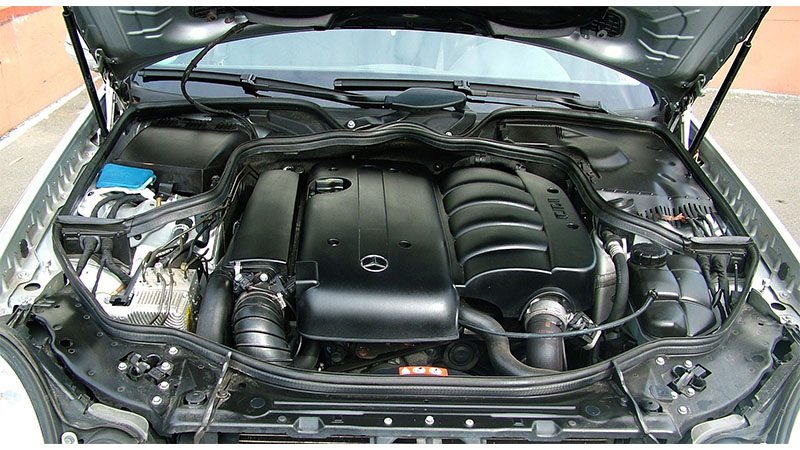
Common Signs of Engine Failure – What to Look out For?
Here are the most common signs of engine failure that might require you or your business to replace an engine entirely.
| Common Signs of Engine Failure | What to Look Out For? |
|---|---|
| Unusual Noises & Vibrations | Knocking, tapping, or grinding noises in the bay during idle or acceleration can indicate serious damage |
| Smoke from Exhaust & Overheating | Blue smoke (oil burning), white smoke (coolant leaks), or black smoke; engine overheating |
| Loss of Power, Poor Acceleration & Rough Idling | Big drops in car engine power, uneven running, or frequent stalling, especially at idle or low speeds |
| Warning Lights & Starting Issues | Check engine light on dashboard; difficulty or delay starting the engine due to block or ignition issues |
| Oil Problems & Fuel Economy | Oil leaks or low oil pressure warnings; sudden decrease in fuel efficiency, impacting the lower costs of routine maintenance |
How to Perform a Check Engine Light Diagnosis?
As we all know by now, the car CEL can indicate all kinds of underlying engine issues, and should be diagnosed promptly to prevent further damage.
The best course of action would be to visit a decent mechanic who can help drivers diagnose the cause of the CEL and perform any necessary repairs. The first thing that needs to happen is to find out why.
The CEL typically indicates problems with one or all of the following:
- Fuel system issues — problems with fuel delivery or injectors
- Engine components — malfunctioning sensors or parts
- Exhaust system — problems like a faulty catalytic converter
- Emissions control — issues affecting pollution output
- Electrical faults — wiring or computer errors related to engine management
Owners should not ignore the engine light, as doing so can lead to further damage and potentially those dreaded engine replacements. Click here if you want a comprehensive guide on how to tackle a CEL!
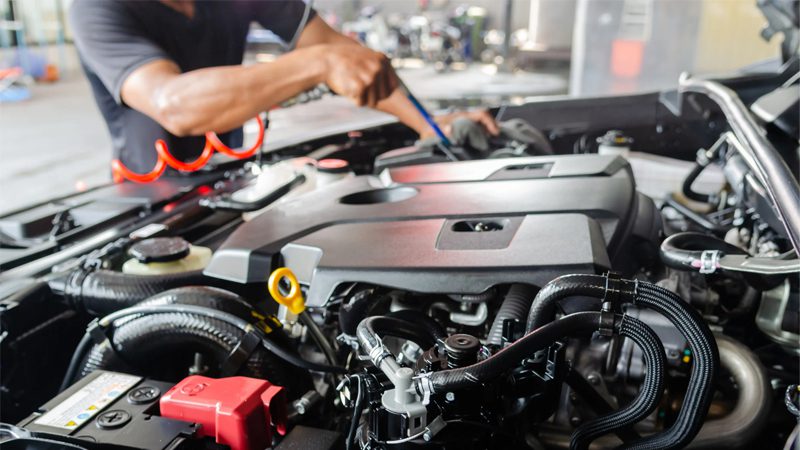
Engine Rebuild vs Engine Replacement – What to Choose?
An engine rebuild as an alternative can be an alternative to replacing the entire engine, with costs ranging from $1,200 to $2,500 for basic jobs, but sometimes it may cost more money to rebuild an engine than to simply replace it.
Engine rebuilds typically involve replacing engine failed components and rebuilding the engine with new parts, which can help restore the engine’s performance and extend its lifespan. This means that some parts of the engine stay the same while others are new, and that can sometimes be more trouble than it’s worth.
For specific modern vehicles, classics, supercars, and big engine size cars, it can be worthwhile to rebuild them. Either way, an experienced mechanic can help car owners determine if an engine rebuild is the best option for their vehicle.
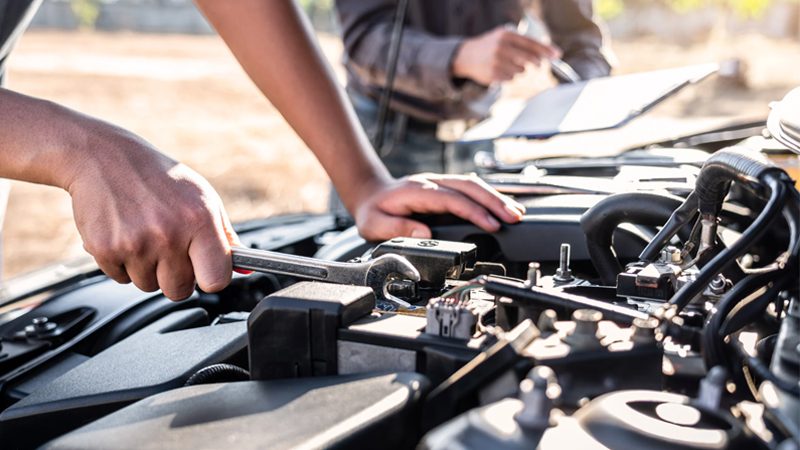
How to Estimate the Cost to Replace an Engine?
Estimating the cost of a new or remanufactured engine outright is not easy, but understanding the differences between different types and engine block sizes can be a great way to save money. How much does it cost? Let’s take a look!
- New Engine Replacement – Typically costs between $4,000 and $7,000, with prices higher for high-performance, hybrid engines, or luxury vehicles due to complexity and labor.
- Remanufactured Engines – Tend to range from $1,500 to $3,000, offering a nice balance of reliability andcosts by using new components rebuilt to manufacturer specs.
- Used Engines – Can be the most affordable option, often costing less than $1,500, but may come with high mileage and normal wear that could require additional repairs.
- Maintenance Impact – Engines with neglected regular oil replacements and poor maintenance records need more extensive work, driving the overallcost even further.
- Performance and Longevity – Buying rebuilt or remanufactured engines with new components can provide morepower and a longer lifespan, benefiting those with futureplans to keep the vehicle.
- Additional Repairs – Costs may also rise if the engine has worn out parts, requiring major repairs beyond the regular engine replacement itself.
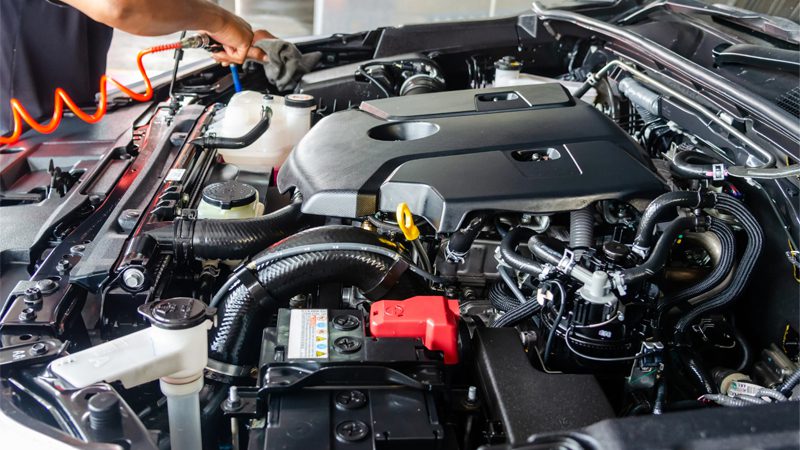
Choosing the Right Engine Replacements
When it comes to choosing the right engine replacements, car owners have several options: new engines, remanufactured engines, and used engines.
New engines offer the best performance and reliability, but are the most expensive ones by a considerable margin. Remanufactured engines provide a cheaper alternative while being built to the same specs as new engines.
Used engines are by far the cheapest option but may require additional repairs to ensure compatibility and reliability in the long term. Choosing between these engines depends on your plans, budget, and how much engine replacement cost you’re willing and able to invest.
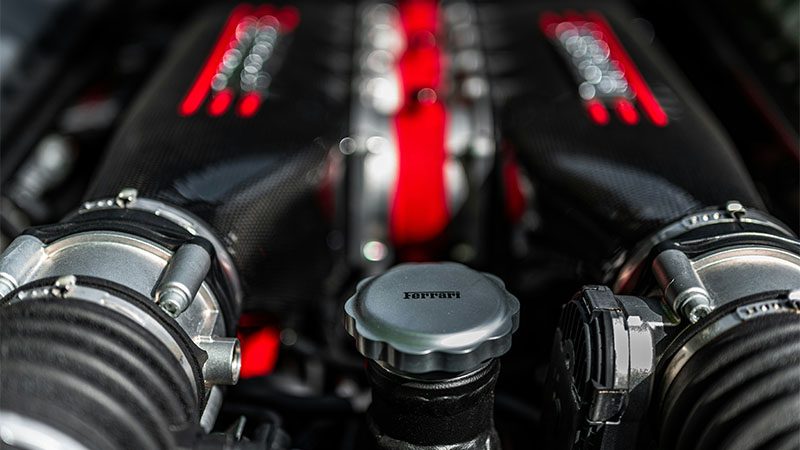
Financing Options for Engine Replacement
Financing options for engine replacement are also available to help car owners and repair businesses manage the often high costs associated with replacing engines, especially in luxury and high-performance vehicles.
These include personal loans, credit cards, and payment plans offered by some repair shops, making it easier to budget for expensive parts like a cylinder head or a full-on engine swap.
Since engine prices can vary a lot, it’s vital to evaluate financing choices to find the best fit for your needs. A good first step would be to talk to your mechanic and to your bank!
How Much Does It Cost to Replace a Car Engine?
Continuing on the theme of varying costs, average labor costs (no surprise) also vary greatly on a few notable factors. Here are the ones to keep in mind:
| Aspect | Details |
|---|---|
| Labor Cost Range | Costs for replacing a new car engine range from $1,000 to $2,500, depending on location and whether it's an authorized/specialized workshop. You can expect to pay around $8,000 if it's a dealer. |
| Engine Type & Vehicle Model | Labor varies depending on the engine type, such as working on the engine block of a new car, a classic, and the vehicle’s make and model. |
| Impact of Engine Condition | If the car engine has failed or requires more repairs, labor costs may increase accordingly, sometimes even doubling the price. |
| Motor Bay Complexity | Labor can be higher when the engine bay is compact or complicated to work with, especially when handling engine oil systems, hybrids, etc. |
| Choosing a Mechanic | Always be sure to go with a reputable mechanic who can perform engine repairs and handle labor at competitive rates that won't break the bank. |
Additional Tips for Budgeting When Replacing a Car Engine
Careful preparation and thorough budgeting are the most important steps for anyone facing an engine replacement. Most people fortunately never encounter this issue, and if they do, it’s typically a rare occurrence, though for some, it can happen as many as four times.
With that in mind, setting aside a contingency fund to cover unforeseen expenses can provide valuable financial security throughout the process. Moreover, exploring financing or leasing options may help manage the often significant costs involved, allowing car owners to choose a solution that best fits their financial situation and vehicle needs.
It is equally important to consider repairs or parts that might be required, such as exhaust valves or cylinder heads, as these can substantially impact the total cost. Set some money aside, always do your maintenance on time, and if it does happen, be sure to be prepared for it.
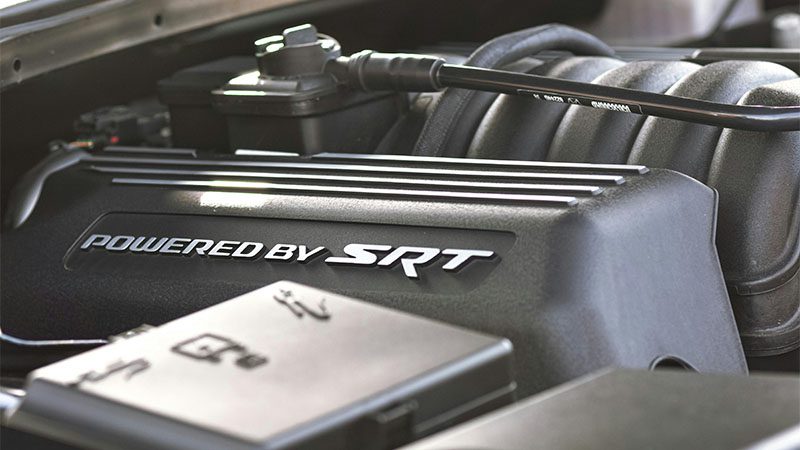
Conclusion
Nanjing Woda Auto Technology Co., Ltd. has been a trusted partner in the engine replacement industry for over 25 years, specializing in engines designed to combat common issues such as engine failure, reduced performance, and damaged components.
If you are running a parts warehouse, selling engine parts, or operating an associated import/export business, WODA provides B2B clients and automotive enthusiasts with comprehensive engine system solutions!
If you need:
✅ OEM-grade and aftermarket engine parts to replace damaged components
✅ Scalable inventory solutions for garages, parts distributors, and rebuilders dealing with engine failure scenarios
✅ Competitive B2B pricing and reliable global shipping to keep engines performing at their best
✅ Technical support tailored to your business goals and enthusiast needs
Our parts ship to over 100 countries across Europe, North America, the Middle East, Southeast Asia, and beyond. Backed by genuine quality engines and dependable service, WODA helps you expand your business on a new level! Contact us today!
